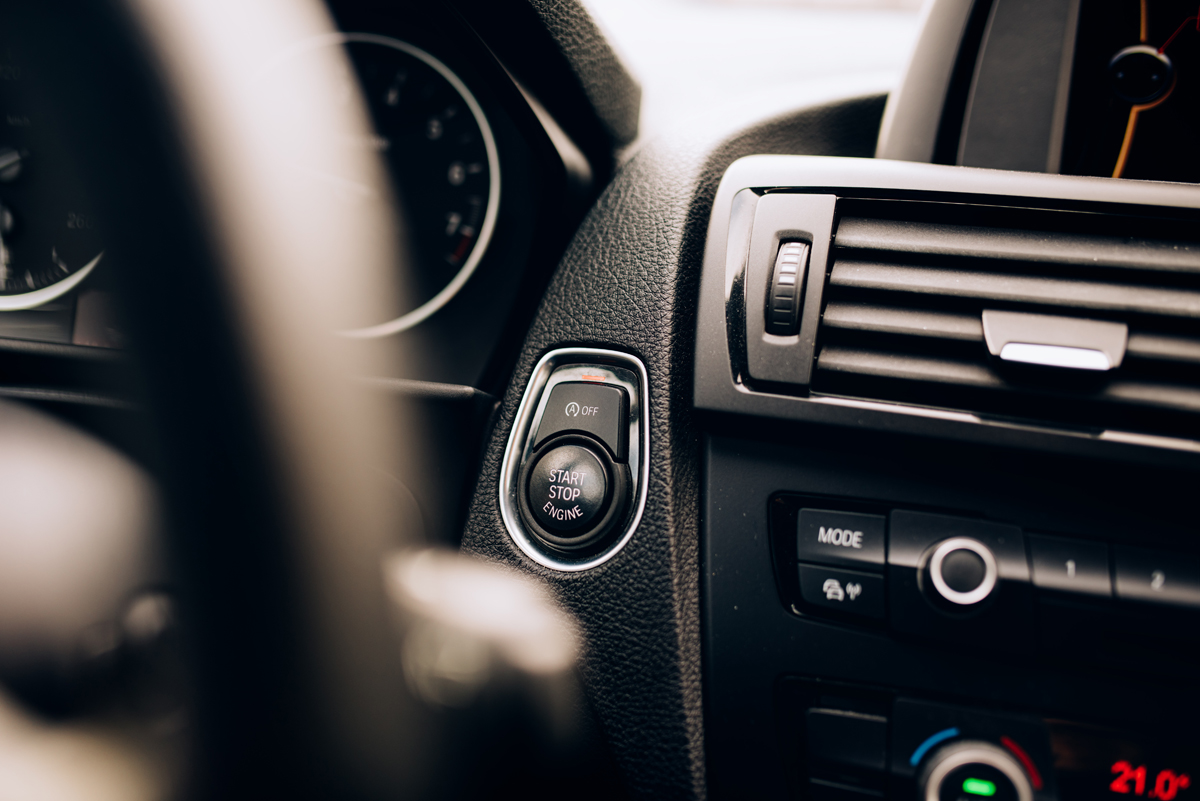Having work done on your brakes is a continuous cycle that happens over the lifespan of your vehicle. If your breaks do not work properly as they should, you put yourself and others at risk when on the road. The most asked question is how much does the average brake replacement cost?
Recent years have seen a rapid surge in the popularity of hybrid cars. Unlike traditional vehicles that use a single engine, hybrid cars use two or more engines, one of which is an electric motor, and the other petrol or diesel-powered conventional engine. The electric engine in the vehicle powers it at lower speeds and the conventional engine powers the car at higher speeds, hence conserving fuel and producing less carbon dioxide emissions. Even with the surge in popularity of hybrid cars, they have still not become as common as their conventional counterparts primarily because people aren’t quite sure how they work and if they perform as well as gasoline powered vehicles. Read on to learn more.
Advantages of Hybrid Cars
Switching to a hybrid car has many advantages, a few of which we have highlighted below:
- Environmentally Friendly: One of the primary reason public and private organizations are switching to hybrid vehicles is because they run cleaner and have more efficient gas mileage than conventional gasoline-powered vehicles, making them environmentally friendly alternatives. The electric motor and the gasoline engine, when working together reduce fuel consumption, conserving energy.
- Economical: In a bid to promote hybrid vehicles, the government has greenlighted several credits and incentives for those wishing to switch to a hybrid alternative. They are also subject to congestion charge exemptions and considerably fewer tax bills annually in addition to low fuel costs.
- Less Fossil Fuel Dependent: With an electric motor, a hybrid vehicle runs cleaner and needs less fossil fuel, resulting in lower emissions and less fossil fuel dependency. A consequent reduction in gasoline prices will also be seen because of this.
- Regenerative Braking System: The interesting thing about hybrid vehicles is that every time you apply the brakes while driving, the electric battery recharges a little. The energy releases as a result of this motion of applying the brakes are captured by an internal mechanism and used to recharge the battery, eliminating the need to stop periodically in order to recharge the battery on longer journeys.
- Light Build: Lighter materials are used when manufacturing hybrid vehicles, which means they require less energy to run. Energy is also conserved due to the smaller size and lighter build of the engine.
- Higher Resale Value: As gasoline is becoming more and more expensive, more and more people are switching to hybrid vehicles. This has resulted in a considerable increase in the resale value of such vehicles. If you switch to a hybrid car and are not satisfied with it, you can always resell it to someone looking for it and fetch a premium price. Hybrid cars cost more but you can negotiate a good deal on a used hybrid. Although, insurance is going to cost a little more for a hybrid vehicle. Click here to find out how to save money on car insurance. “There are many advantages to owning a hybrid car. The one you will like the best is how it helps you to control your budget as gas prices continue to get higher.” according to Conserve Energy Future.
Disadvantages of a Hybrid Car
With a whole host of advantages, there are a few disadvantages of hybrid cars as well, although they’re probably not what you assume they are. Most people assume that hybrid cars produce less power than regular cars which will make them non-ideal vehicles when driving up mountains or for towing, which is just not true. The disadvantages will vary based on what type of hybrid fuel your car utilizes. Some disadvantages are highlighted below:
- Less Power: Hybrid cars use two independent engines, with the gasoline engine acting as the primary power source. Two engines in the car mean that neither the gasoline engine nor the electric motor is as big as they would be in conventional gasoline or electric vehicles. The result is less power being generated making the cars unsuitable for speed driving and acceleration.
- Expensive to Purchase: The primary deterrent for many people is the high price of hybrid vehicles, costing an average of five to ten thousand dollars more than conventional vehicles. However, this is a one-time investment, saving you even more over the life of the vehicle.
- Poorer Handling: Hybrid vehicles house more machinery than a regular vehicle, namely a gasoline engine, a light electric motor, and a bunch of batteries. Extra weight in vehicles reduces fuel efficiency so manufacturers cut down weight in order to counter this, but this results in a smaller engine, motor, and batteries and reduces support in the suspension and body.
- High Maintenance Cost: Repair and maintenance of these vehicles may prove cumbersome because of the dual engines, continuous development in technology, and high maintenance costs. Since the use of hybrid cars as consumer vehicles is fairly new, it may not be the easiest task to find a mechanic with the required expertise.
- High Voltage Batteries: In the event of an accident, the high voltage contained within the batteries can prove to be lethal. The presence of such a high voltage increases the risk of the passengers being electrocuted in the event of a major accident, and make the rescuers’ task more difficult.
Understanding Hybrid Vehicles
Hybrid system vehicles aren’t a new concept, in fact, the technology has been in existence since the early 1900s. The price of manufacturing them, however, had been enormously high up until the past decade and it is only recently that they have become economical enough to be purchased by the average consumer. The government has also become actively involved in promoting hybrid vehicles by authorizing various credits and discount incentive programs on their purchase. Public transport is also being switched to hybrid buses and cars in many cities around the country, in a bid to make the transport system more environment-friendly.
Dotan Cohen, a specialist on hybrid vehicles, describes them as vehicles using a minimum of two engines, like an electric motor coupled with an internal combustion engine. The operational mechanics are very similar to what we see in diesel-electric trains that use diesel engines and electricity from overhead cables to power the vehicle or submarines that use diesel above water and batteries underwater to power the system.
An alternative to hybrid cars are the widely used electric cars that utilize rechargeable batteries but come with a whole set of troubles that hybrid cars have moved to eliminate.
Although hybrid cars are associated with the type of vehicle that uses electricity as its primary fuel, this is not the case anymore, with cars using hybrid technology with natural gas and propane as well. A hybrid vehicle can be defined simply as a vehicle that can easily switch between a conventional fuel engine and an alternate power source.
Bridwell Automotive Offers Full Auto Repair Services In Scottsdale, Arizona
Our dedicated team of ASE Master Technicians will help you repair your car quickly and within your budget. You can schedule your car repair with Bridwell Automotive Center in Scottsdale by using our contact form. Stop by our Auto Repair Shop located at 7171 E Lincoln Dr. Scottsdale, Arizona 85253 or by giving Bridwell Automotive Center a call today (480) 948-4781.







